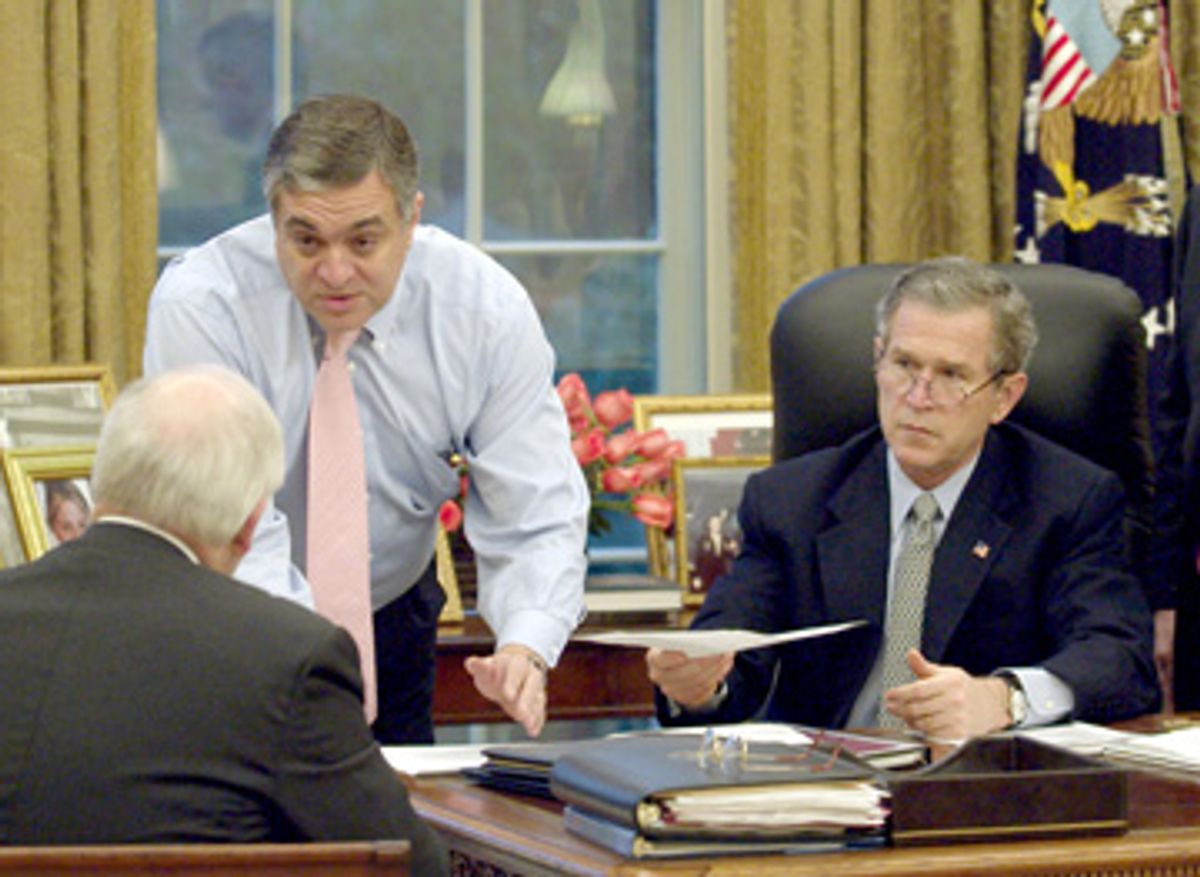Originally posted by Velociryx
In any case, it should be seen as a DIRE warning when a largely indifferent moderate like me starts thinking positively revolutionary thoughts to ward off another disaster like this one.
In any case, it should be seen as a DIRE warning when a largely indifferent moderate like me starts thinking positively revolutionary thoughts to ward off another disaster like this one.







Comment